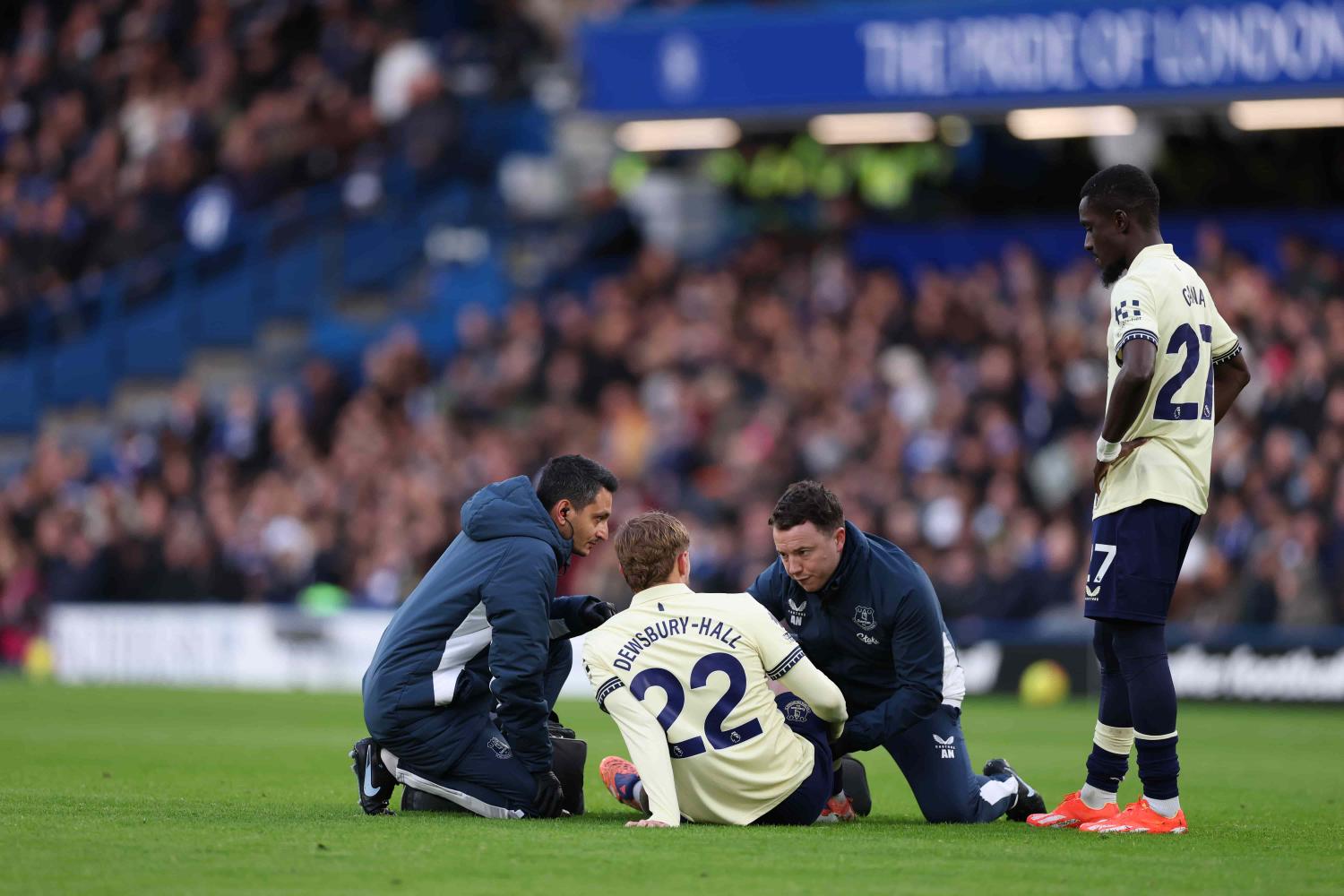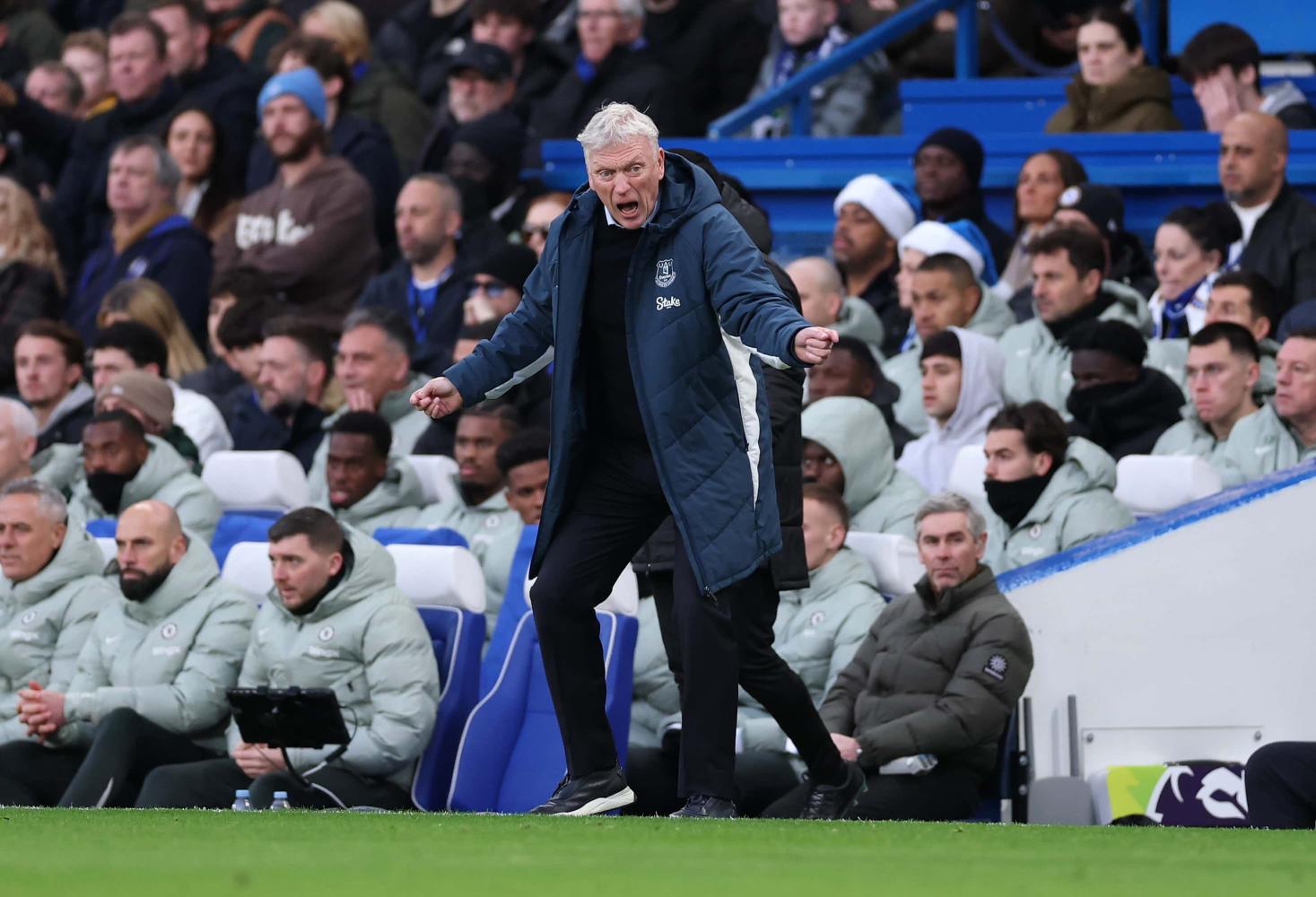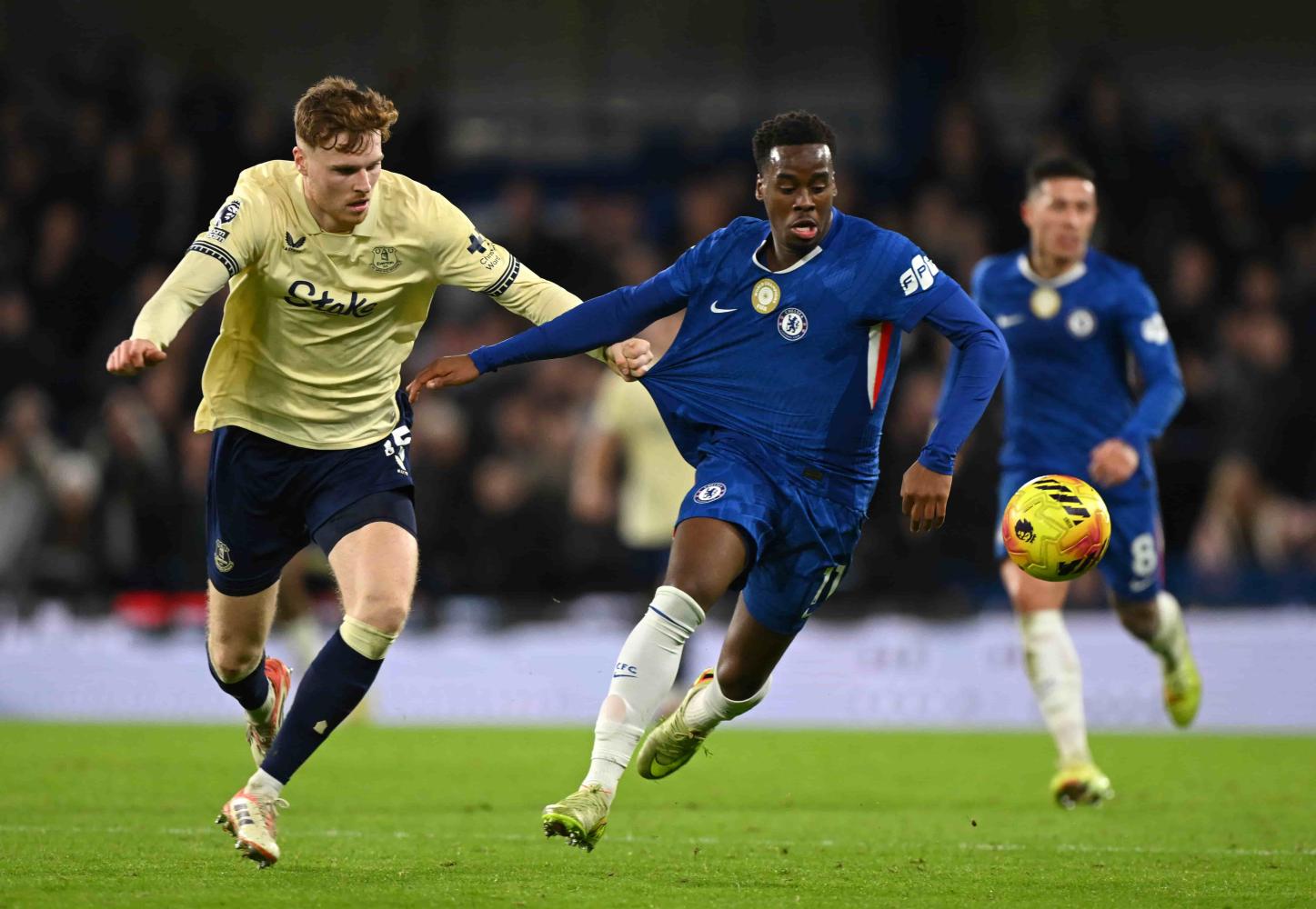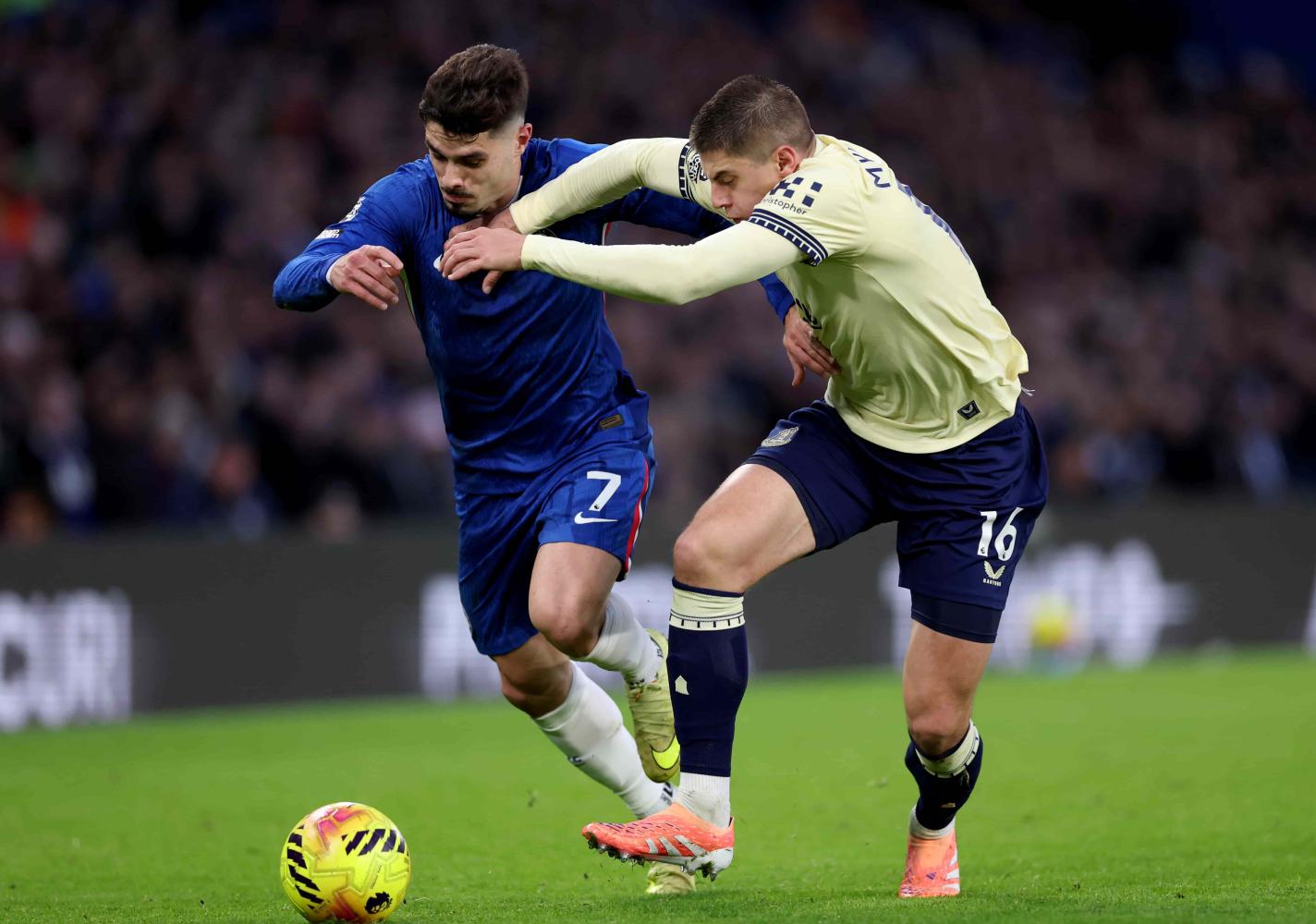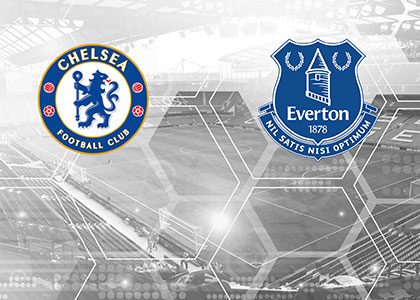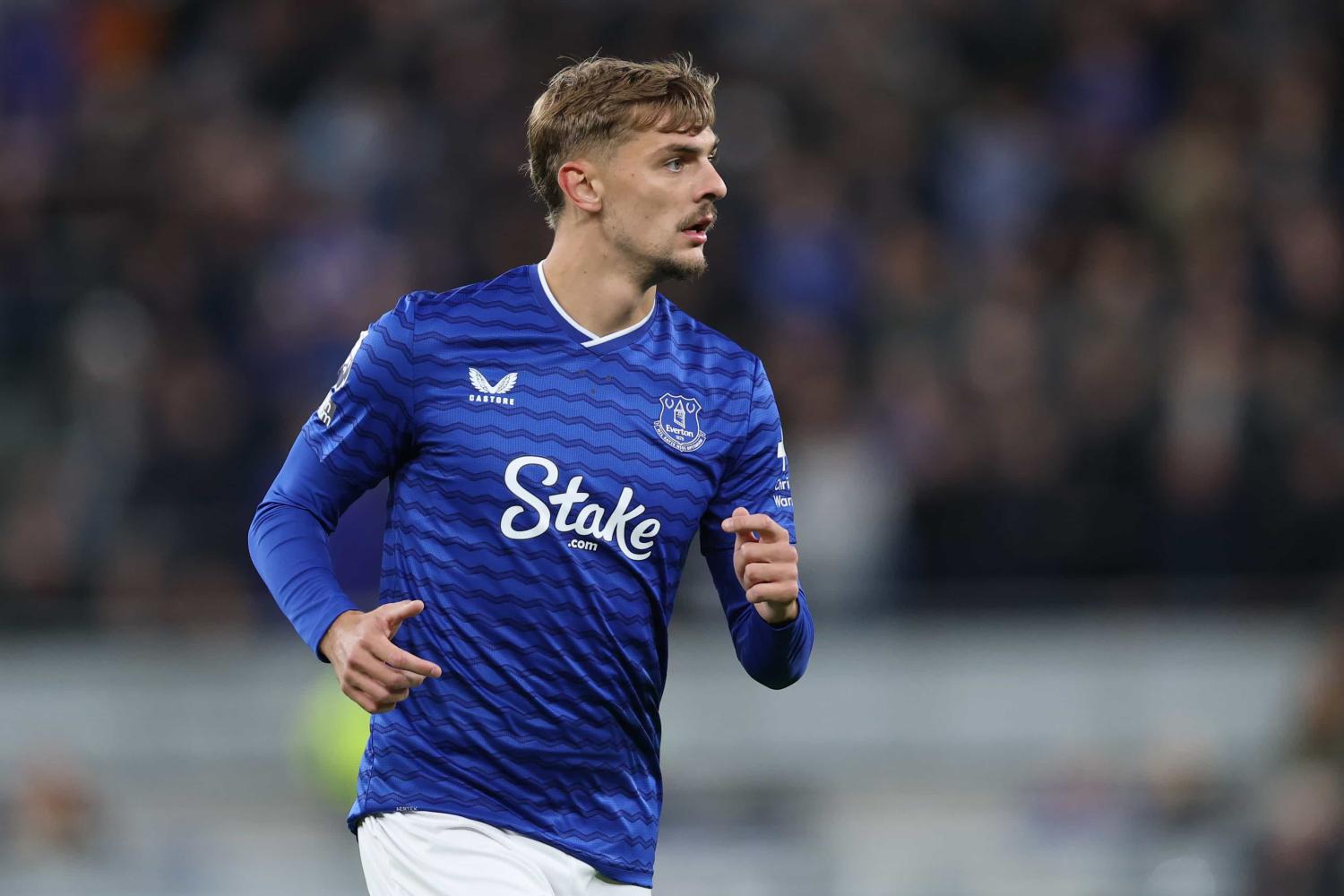Everton Players › Profiles
Goodison Legends
Joe Royle 1966-74; Manager: 1994-97
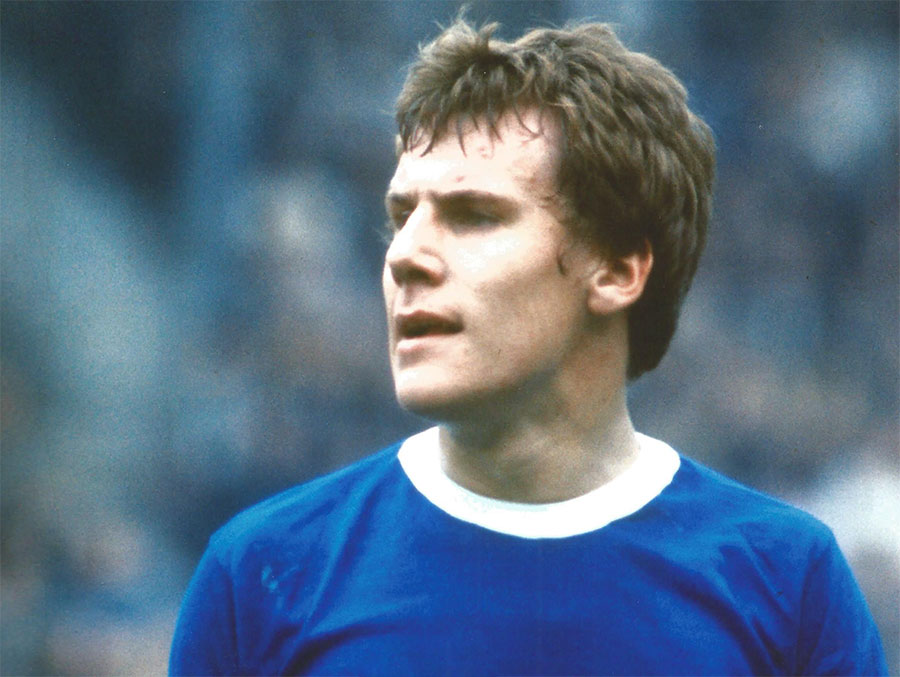
Joe Royle's Everton career started and finished in turbulent circumstances: he made his debut as a 16-year-old in 1966, replacing the fans' idol Alex Young in a match at Blackpool; and he departed the club for the second – and presumably last – time in March 1997, having seen his team fall lemming-fashion from 6th to 15th in the Premiership and go out of the FA Cup to lowly Bradford City.
At 16, Royle was until recently the youngest debutant in club history, although the fans' outrage at Harry Catterick's decision to play him instead of Young at Blackpool almost certainly precipitated the return of the Golden Vision at the youngster's expense in the next game. It may well also have been a factor in Royle's initial difficulty in winning over the Goodison faithful. He was much-criticised at first, but the phlegmatic teenager shrugged it off, worked hard and claimed a deserved regular first-team place for the 1967-68 season.
Given his size, it's hardly surprising he was used so successfully as a target-man, but he was also extremely mobile and underrated as a ball-player. Sadly, Everton never really saw the best of the Royle ball-skills. He was plagued by back injuries and at one stage was out for 18 months. Never thereafter certain of a place at Everton, he left at the age of 25 for Manchester City, and thence Bristol City and Norwich City – for whom he scored his last First Division goal, against Everton, at Goodison Park.
He retired from playing in 1982, and on a whim applied for the vacant manager's job at Oldham Athletic. His spell at Boundary Park saw a League Cup Final defeat by Nottingham Forest and two FA Cup semi-final losses to Manchester United. He was, of course, feted to return to Everton. It might have been in 1990, succeeding Colin Harvey, but he had to wait four years to inherit an ailing side from Mike Walker.
Everton were adrift at the bottom of the Premiership, but Royle started as he meant to go on, with a 2-0 win v Liverpool in his first match. The team's subsequent revival was little short of miraculous, as Royle instilled some much-needed desire to win into the players. This was the birth of the fabled "Dogs Of War" style of football, with sometimes three battling midfielders – Barry Horne, Joe Parkinson and John Ebbrell – all playing in the same team. It annoyed Liverpool boss Roy Evans, who called it "The death of the School Of Science" after that November defeat.
In truth, Royle, experienced in relegation battles with Oldham, was probably doing what he thought he had to to keep Everton up. Pretty football had to come second to winning matches. One hoped he had not abandoned the Everton style for good, and was trying to build a side capable of competing for trophies while playing good football, but we shall probably never know for sure.
That season, Everton not only survived but won the FA Cup! After two shaky early-round ties against lower-division opposition, they looked invincible, especially in the 4-1 semi-final victory over Tottenham Hotspur. The final too was a sweet moment for Royle as he finally got the better of Alex Ferguson with a heartening 1-0 victory over Manchester United – the only occasion this great 90s team was beaten in a major final.
FactFile
| Position | Striker |
| Nationality | English |
| Born | Liverpool |
| Date of birth | 8 April, 1949 |
| International Caps | 6 (England) |
» Wikipedia Entry |
Everton Career
| League Apps | League Goals | Cup Apps | Cup Goals | Total Apps | Total Goals | |
|---|---|---|---|---|---|---|
| Totals | 229 (3) |
102 |
43 (0) |
17 |
229 (3) |
119 |

